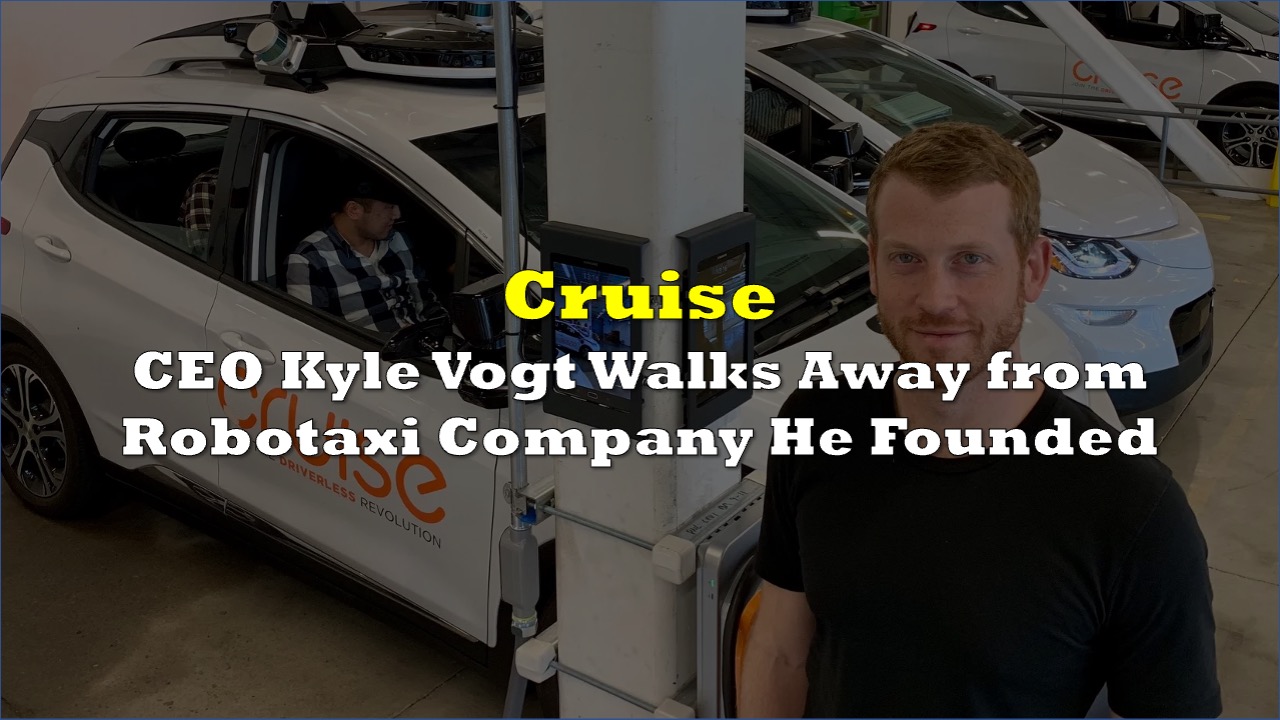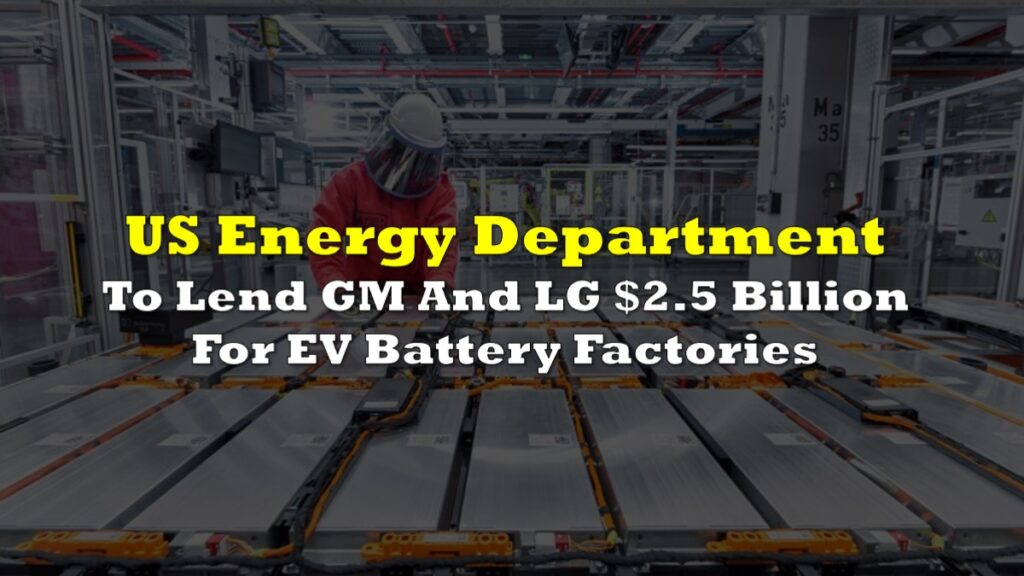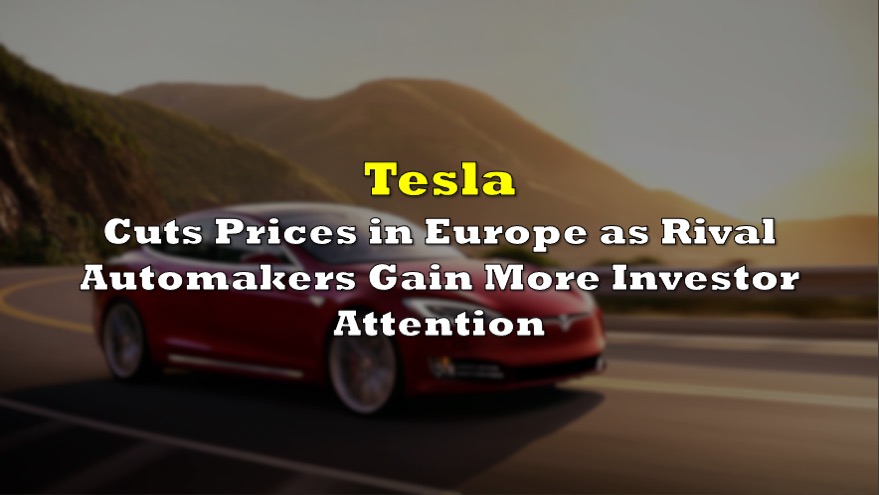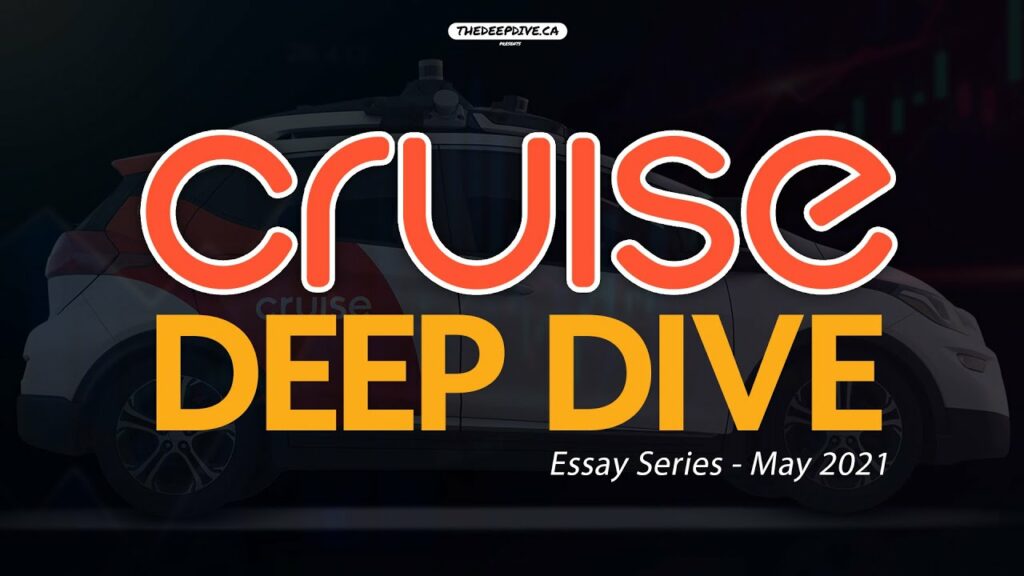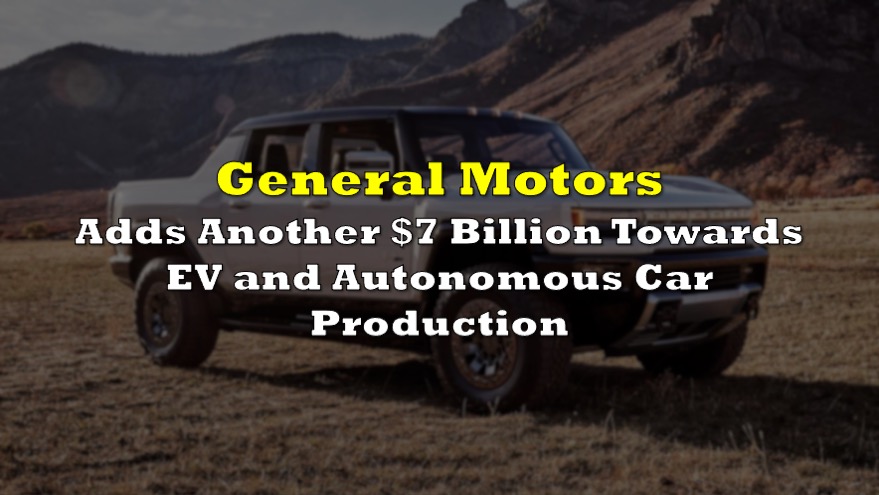Cruise CEO and co-founder Kyle Vogt resigned on Sunday, just weeks after the autonomous vehicle company lost its operating license in California and halted operations nationwide.
The General Motors (NYSE: GM) subsidiary faced criticism for an aggressive expansion strategy that overlooked safety concerns. Vogt’s departure follows a severe accident on October 2 in San Francisco, where a pedestrian was hit by a human driver and then dragged by a Cruise robotaxi.
Related: Cruise’s Tumultuous Cruise To Self-Driving Cars
The accident prompted the California DMV to revoke Cruise’s operating permit on October 24, prompting the company to withdraw all autonomous vehicles from operational cities in Arizona and Texas. Previously, Cruise had aimed for a fleet rollout in 10 cities by the end of 2023.
Despite the ongoing crisis, Vogt, in a series of tweets, expressed optimism about Cruise’s future and thanked supporters.
“Cruise is still just getting started, and I believe it has a great future ahead. The folks at Cruise are brilliant, driven, and resilient. They’re executing on a solid, multi-year roadmap and an exciting product vision,” Vogt wrote on Sunday evening. “I’m thrilled to see what Cruise has in store next!”
The last 10 years have been amazing, and I’m grateful to everyone who helped Cruise along the way. The startup I launched in my garage has given over 250,000 driverless rides across several cities, with each ride inspiring people with a small taste of the future. (2/5)
— Kyle Vogt (@kvogt) November 20, 2023
In an internal email, Vogt took responsibility for the situation and acknowledged the need for a new plan grounded in lessons learned.
“I take responsibility for the situation Cruise is in today. There are no excuses, and there is no sugar coating what has happened. Our approach is working with regulators, press, the public, and other stakeholders simply must improve. We’ve got to come back with a new plan that is grounded in what we’ve learned. We need to double down on safety, transparency, and community engagement,” Vogt wrote to employees.
GM CEO Mary Barra also wrote to employees on Sunday and said that what the company had “accomplished over the past 10 years is nothing short of remarkable.” She assured Cruise employees of the company’s intense focus on long-term success, emphasizing the importance of safety, transparency, and accountability.
The San Francisco-based self-driving car company was founded by Vogt and Dan Kan in 2013. While it was acquired by GM in 2016, Cruise remained largely autonomous, with Barra describing the unit as “running as a startup” in 2017. “Not only are they responsible for the technology, but they’re responsible for the commercialization — so the entire business,” she said.
Flashback: Will GM Meet Its $1 Billion Revenue Target For Cruise By 2025?
Mo Elshenawy, executive vice president of engineering at Cruise, will serve as president and CTO, while Craig Glidden will continue as chief administrative officer.
Jon McNeill, former COO at Lyft and president of Tesla, has been appointed vice chairman of the Cruise board. However, as of Sunday, no replacement had been named for the CEO position.
Vogt is the second high-profile tech founder/CEO to make headlines over the weekend. OpenAI founder Sam Altman was suddenly booted from the CEO post by the artificial intelligence company’s board on Friday. Less than 24 hours later on Sunday, he was reportedly discussing his return with the board. However, the Information reports that these talks have “broken down” and Emmett Shear, co-founder of Amazon-owned video streaming site Twitch, has been named interim CEO.
Information for this story was found via Forbes, TechCrunch, and the sources and companies mentioned. The author has no securities or affiliations related to the organizations discussed. Not a recommendation to buy or sell. Always do additional research and consult a professional before purchasing a security. The author holds no licenses.

